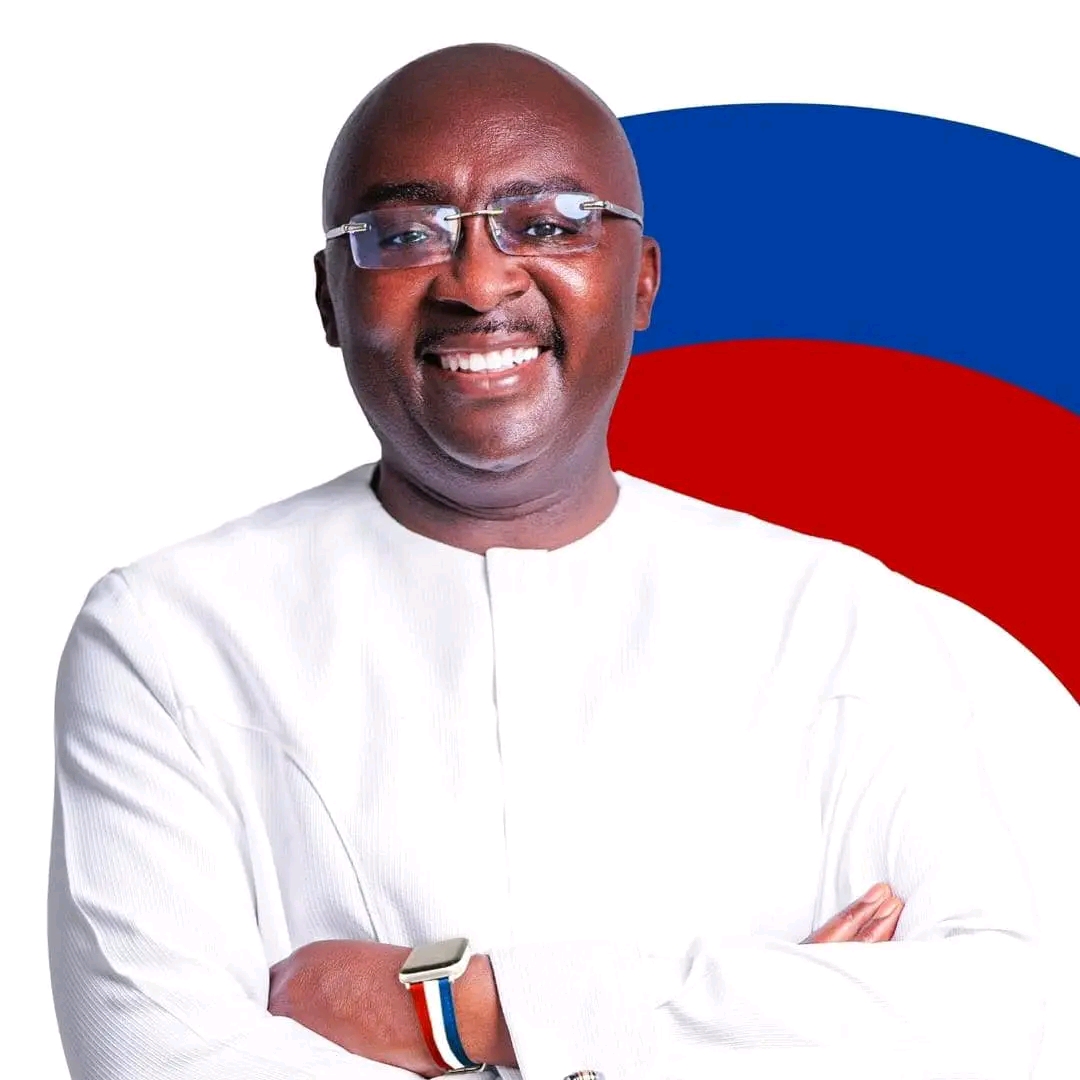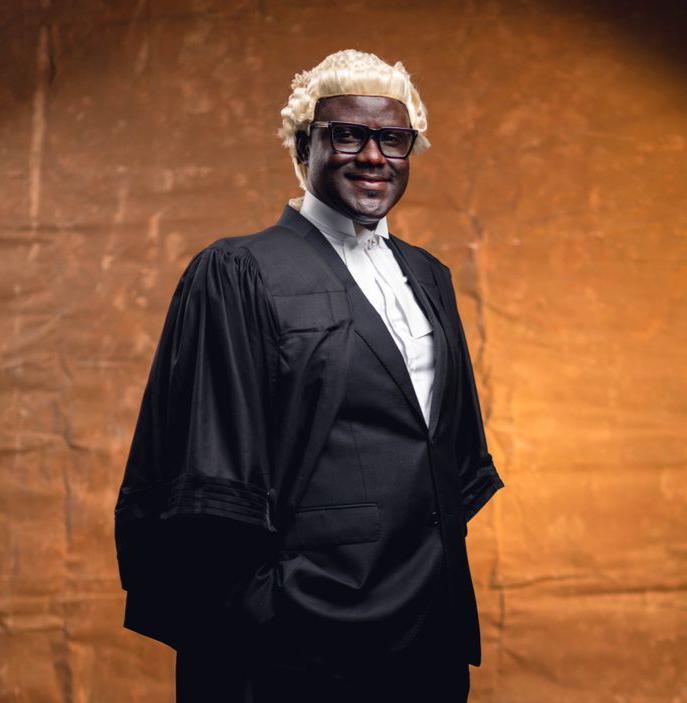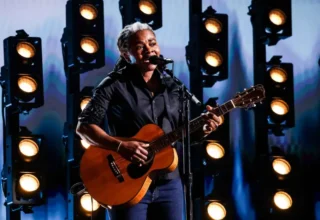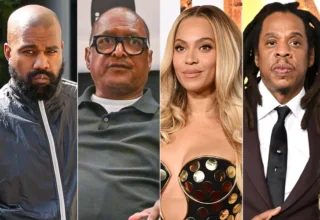
In the midst of TIME Magazine’s omission of hip-hop from their most influential list, we examine whether there is a larger trend at play and who deserved one of those coveted spots.
Despite its hard-earned status as the leading genre of this era, TIME opted to forego the realm of hip-hop, when its every innovation is heeded by the pop culture paradigm at large. Since its inception, the TIME 100’s relationship with the culture has remained tenuous at best. Much like The Grammys, there’s been a lingering perception that TIME may take the time to acknowledge hip-hop out of obligation but are reluctant to delve underneath the deceptive veneer of the pop charts in order to pinpoint who and what is truly effecting change in the genre. From 2004 to this year’s jarring oversight, the hip-hop artists that have been honoured in the list are as follows: Jay-Z (x2), Kanye West (x2), Outkast (2004), Kendrick Lamar (2016), Nicki Minaj (2016), Daddy Yankee (2006), Pharrell (2014), Chance The Rapper (2017), Donald Glover (2017) and last year’s sole recipient in Cardi B. If you extend this to allies and alumni of hip-hop, these ranks are embellished by John Legend, Rihanna (x2), Frank Ocean, Miguel and record producer Rick Rubin, bringing us to a grand total of 18 out of a possible 1500.

Given hip-hop’s unimpeded rise to the top of the music industry’s profit-based and artistic hierarchies in that time, this paltry number appears to be inconsistent with the genre’s lofty vantage point in the world. To clarify, no one is claiming that this is derived from racial bias as that would’ve led to a wider reproach and left an indelible stain on their reputation long ago. As opposed to being the product of a prejudice based on creed or colour, what this dismissiveness towards hip-hop points towards is a structural snobbery that seeks to keep it on the fringes as a lowbrow form of entertainment and undercuts its innumerable contributions to the world. Although its criterion is relatively obtuse and fluid, one of the clearer descriptions of what makes someone eligible for inclusion in the list comes courtesy of Richard Stengel. Speaking in 2007, the former managing editor laid out what they were seeking to celebrate with a refreshing transparency:
“What we look for is people whose ideas, whose example, whose talent, whose discoveries transform the world we live in. Influence is less about the hard power of force than the soft power of ideas and example.”
Taken directly from a former editor, it appears there’s been a grave oversight if this manifesto bears any resemblance to the governing principles and qualifiers that are in place today. Rather than talk in broad terms about hip-hop’s eligibility, it seems high time to spotlight those that have had it so unblinkingly snatched away from them by the powers that be at TIME. As to what barometer will be employed to determine who’d be worthy for the list, the baseline will be a quote taken directly from their own sermon that praised Jay-Z as their second ever hip-hop honouree:
“Like all his music, it encompassed the passion and spirit of a new generation of artists who were not going to be held down. Today Jay-Z stands centerstage with the penetrating sustainability of a living legend.”
If this is what it takes to be receiving the glowing praise of TIME Magazine, then look no further than the following artists that haven’t just cemented their own legacies over the past 12 months but have acted as exemplars of innovation for future generations.

For starters, one omission that registers as particularly unfathomable is that of Kendrick Lamar. Setting aside his Oscar nomination and globe-spanning presence, Top Dawg Entertainment’s leading light quite literally made history last year by netting hip-hop’s first Pulitzer prize. Awarded for his deeply philosophical work on DAMN., Kendrick’s glass ceiling-shattering achievement not only attests to the “soft power of ideas” but quite literally reappraised the limit on hip-hop’s acclaim in educational and artistic circles. Contentious as he may be among hip-hop heads, it’s unlikely that any rational thinker would take umbrage with Drake making his debut appearance on this list. While 2018 was a tumultuous period for Drake, the fairly tepid response that Scorpionreceived from critics and the fall-out from the Pusha T beef did little to deter his successes for the year. For one thing, Scorpion marked the second time that he attained the biggest album in a 12-month span and played a crucial role in the Toronto MC smashing The Beatles’ record for most top 10 singles in a year. Unmatched since the Fab Four’s meteoric rise in the mid-60s, Drake had exceeded their achievement by netting 12 by October of last year.
When you combine all of his artistic pursuits, it’s hard to reconcile with Donald Glover– A.K.A Childish Gambino– finding himself on the sidelines. “This Is America” perfectly encapsulated the dizzying uncertainty of modern times, and was a beacon for discussion, op-eds and thinkpieces across the net. The second season of Atlanta solidified its reputation as one of the most subversive and vital TV shows of the modern era. In conjunction with his appearance as Han Solo and that triumphant Coachella set, he could’ve been a shoo-in.

Beyond these clear-cut examples, the ranks could be easily bolstered by a litany of artists that have taken massive strides forward and asserted themselves like never before. Since its release in August of 2018, few songs were as completely inescapable as Travis Scott’s “Sicko Mode.” Regarded as Astroworld’s commercial crowning glory, it was just one component in Travis’ most prosperous year to date. Culminating in his heralded Astroworld Festival in Houston and a divisive Superbowl performance, it’s hard to, realistically, put forth the concept that 2019 honouree Khalid had more of a seismic effect on culture than Travis. Meanwhile in North Carolina, the shaman of Dreamville that is J. Cole was a constant source of discussion throughout 2019. Teamed with breakout albums from his proteges J.I.D and Bas, 2018’s cautionary-tale laden K.O.D added a conceptual suite to his storied discography whilst his features spree had the world on tenterhooks as we awaited each new masterclass in whetting the audience’s appetite. To top it all off, 2018 marked the year that Wondaland’s queen Janelle Monae went from a cult phenomenon to a bonafide icon. Led by the invigorating hybrid sound of Dirty Computer, her ode to sexual liberation, inclusivity and self-love left a craterous dent in the musical landscape and will go down as a classic album in years to come.
Whether a product of apathy or disdain, TIME’s dismissal of hip-hop hints towards a fundamental disconnect with the world’s most important cultural force. While the disproportionate representation has gone unnoticed in previous years, it was never going to fly under the radar at a time where hip-hop is more omniscient and broadly applicable than ever. By belying its influential status, TIME has depicted a perennial force in music and popular culture at large as though it exists within a cordoned-off backroad or quarantined zone. Dismaying as it may be, hip-hop’s fans and artists can find its solace in the fact that its road to dominance has never required the approval of any institution or tastemaker and that’s what makes it so irrepressibly innovative.






